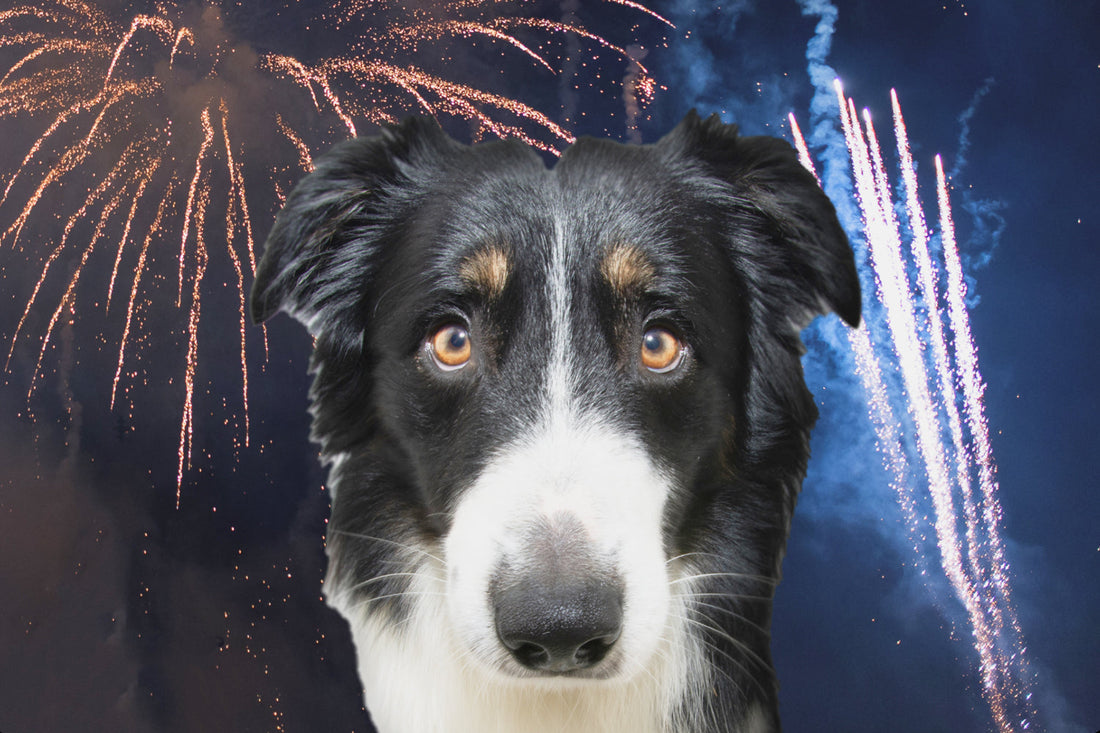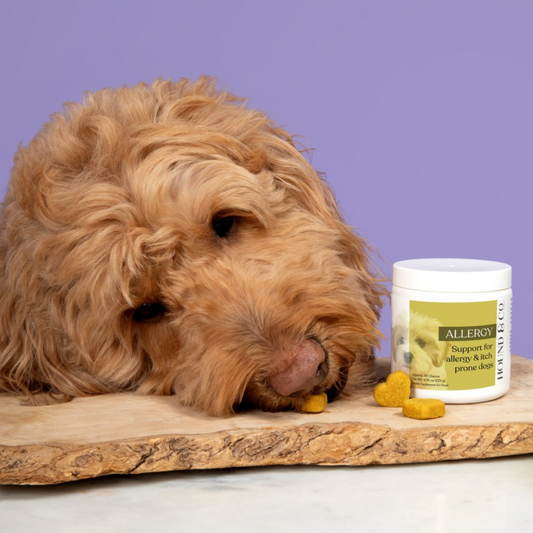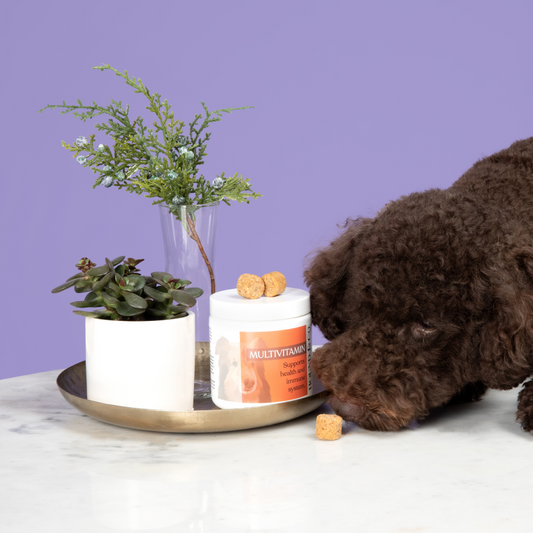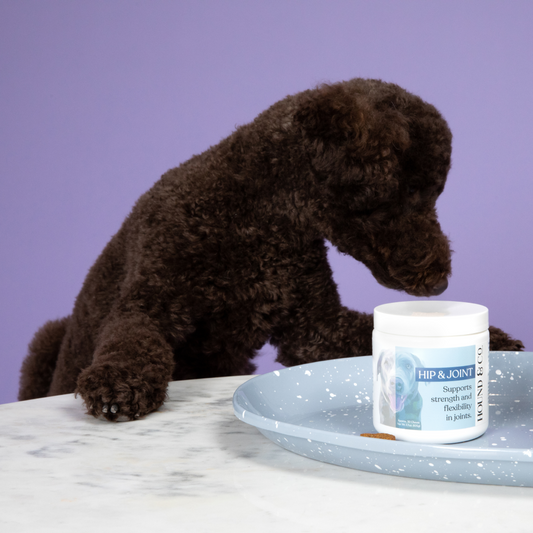How to Help Your Dog Survive the Fireworks Frenzy

Vet Reviewed by Dr. Jacob Klos, DVM

Fireworks might be festive for humans, but for many dogs, they’re terrifying. Loud noises, bright flashes, and the scent of smoke can trigger intense anxiety in even the calmest pups. Fortunately, with a little preparation, you can help your dog stay safe and feel more at ease during fireworks season.
Why Fireworks Trigger Anxiety in Dogs
Dogs have extremely sensitive hearing and are hardwired to perceive loud, sudden noises as threats. Unlike a thunderstorm, fireworks are unpredictable and unnatural—which makes them even more distressing. Fear responses can range from mild trembling to full-blown panic, including running away or destructive behavior.
Common Signs of Firework Anxiety
- Shaking or trembling
- Excessive panting
- Hiding or attempting to escape
- Whining, barking, or howling
- Pacing or restlessness
- Accidents inside the house
If your dog shows any of these signs during fireworks, they’re not being “dramatic”—they’re genuinely scared.
Before the Fireworks Start: How to Prepare
- Exercise early: Give your dog a long walk or play session earlier in the day to help them burn off nervous energy.
- Secure your space: Make sure doors, windows, and gates are closed. Microchip your dog just in case they escape.
- Create a safe zone: Use a crate, closet, or quiet room with blankets and favorite toys. White noise machines or calming music can help buffer the sound.
- Use calming aids: Consider calming chews, diffusers, or wraps like the ThunderShirt. For dogs with severe anxiety, consult your vet about additional options.
During the Fireworks: What to Do
- Stay calm: Your dog will pick up on your energy. Speak softly, move slowly, and avoid scolding.
- Offer distractions: Try a stuffed Kong, lick mat, or favorite chew to redirect focus.
- Stay close (if they want): Some dogs find comfort in being near you. Others may prefer to hide—let them choose what feels safest.
- Close curtains and turn up ambient noise: This helps reduce the impact of flashes and bangs.
After the Fireworks: Recovery Tips
- Take your dog out on a leash, even in a fenced yard—some may still be shaken and bolt at sudden sounds.
- Stick to routines as much as possible for the next few days.
- Reward calm behavior and avoid overstimulation.
If your dog had an especially hard time, it may be worth speaking to your vet about desensitization programs or long-term anxiety support.
Long-Term Support for Anxious Dogs
Dogs with extreme sensitivity to noise may benefit from daily anxiety support—not just during fireworks. Natural calming supplements, consistent training, and routine care can all contribute to a more balanced nervous system.
Just like us, dogs do best when they feel safe, supported, and prepared. With a little planning, you can help them weather the fireworks storm with far less fear.









